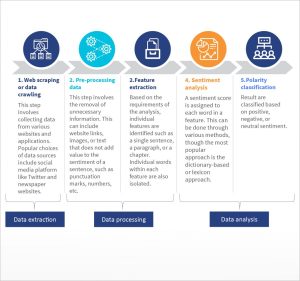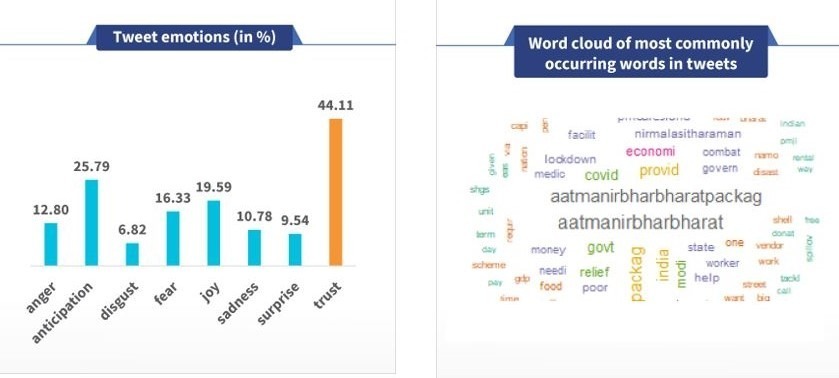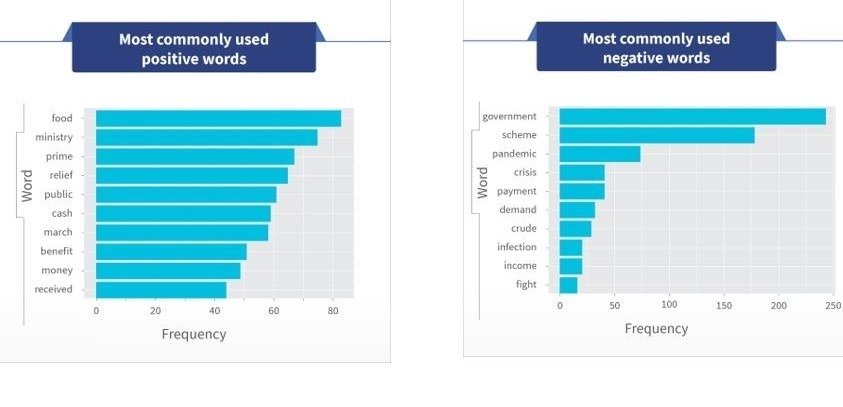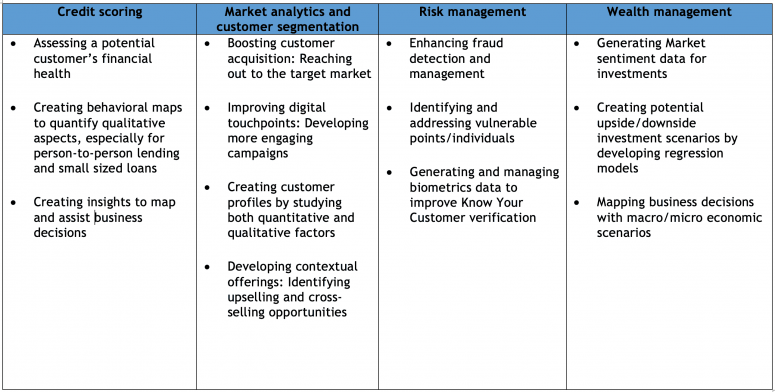It has been a grim year for us all. Yet 2020 showed us the sheer resolve and strength of low- and moderate-income communities as they battled the effects of the pandemic. And now, we can all look to the new year with hope. Here, we have curated the stories of 10 flagship projects where MSC’s work has had a substantial impact to improve the lives of LMI communities across Africa and Asia.
- MFIs and agents who serve 25 million-plus customers used MSC’s informative comic booklets on coronavirus that focus on MFI client and staff, Self Help Group and CICO agents to reduce infection and death across more than 15 countries across three continents.
- We worked with the Ministry of Home Affairs (MHA), Government of India (GoI) to monitor the response and readiness of state governments to address COVID-19. This enabled the government to help laggard states replicate good practices and plug weaknesses, and provided inputs to design the overall USD 285-billion relief package. See our fourth report and the accompanying dashboard. To gauge the effectiveness of the portion of the overall package (worth USD 23 billion) focused on the social safety net beneficiaries, we conducted two demand-side telephonic surveys of 5,000 households in 18 states. This provided inputs to the government to optimize how it implemented the package.
- The FinTech committee of the Central Bank of West African States (BCEAO) has utilized recommendations from our six-country Inclusive Fintech Study to make informed decisions on upcoming regulatory text for sandboxes and support the states’ National Financial Inclusion strategies.
- The success of the Pathways to Enhancing Financial Inclusion (PEFI) program has prompted the Department of Financial Services (DFS) to roll it out in 112 districts across India. This will have a positive impact on the financial lives of 161 million-plus beneficiaries, including more than 80 million women.
- On behalf of UNCDF, we helped the Uganda National Planning Authority to develop the Uganda Third National Development Plan (NDP III – 2020/21 -2024/25) on the mapping and integration of ICT interventions into the different sectors of the Ugandan economy.
- The Financial Inclusion Lab has nurtured 27 early-stage startups across India in three cohorts thus far. Cumulatively, these startups have already served 29 million individuals and raised more than USD 14.5 million in funding. It has also helped 6,900 micro, small, and medium enterprises (MSMEs) scale their businesses, and created 16,000 livelihoods in tier-2 and 3 cities and rural towns of India.
- MSC led the “Awareness, Communication, and Outreach” working group of the Bill & Melinda Gates Foundation’s Global Situation Room response to COVID-19. The working group produced valuable tools to optimize communication of emergency support programs.
- In collaboration with the National Financial Inclusion Council of Indonesia (DNKI), we concluded a study to assess existing KYC practices adopted by financial service providers in the country. This has been a part of MSC’s ongoing support to the Government of Indonesia in implementing an electronic KYC (eKYC) process using the national ID database.
- Countries in West Africa, with their large inflow of remittances, offer opportunities to create cash-to-account services linked to demand-driven value-added services. This report highlights barriers and opportunities in the use of formal remittance services.
- With support from FSDU, MSC worked with the FinTech Service Providers Association (FITSPA) of Uganda to develop a code of conduct to guide the development of a robust and ethical FinTech movement in the country.









